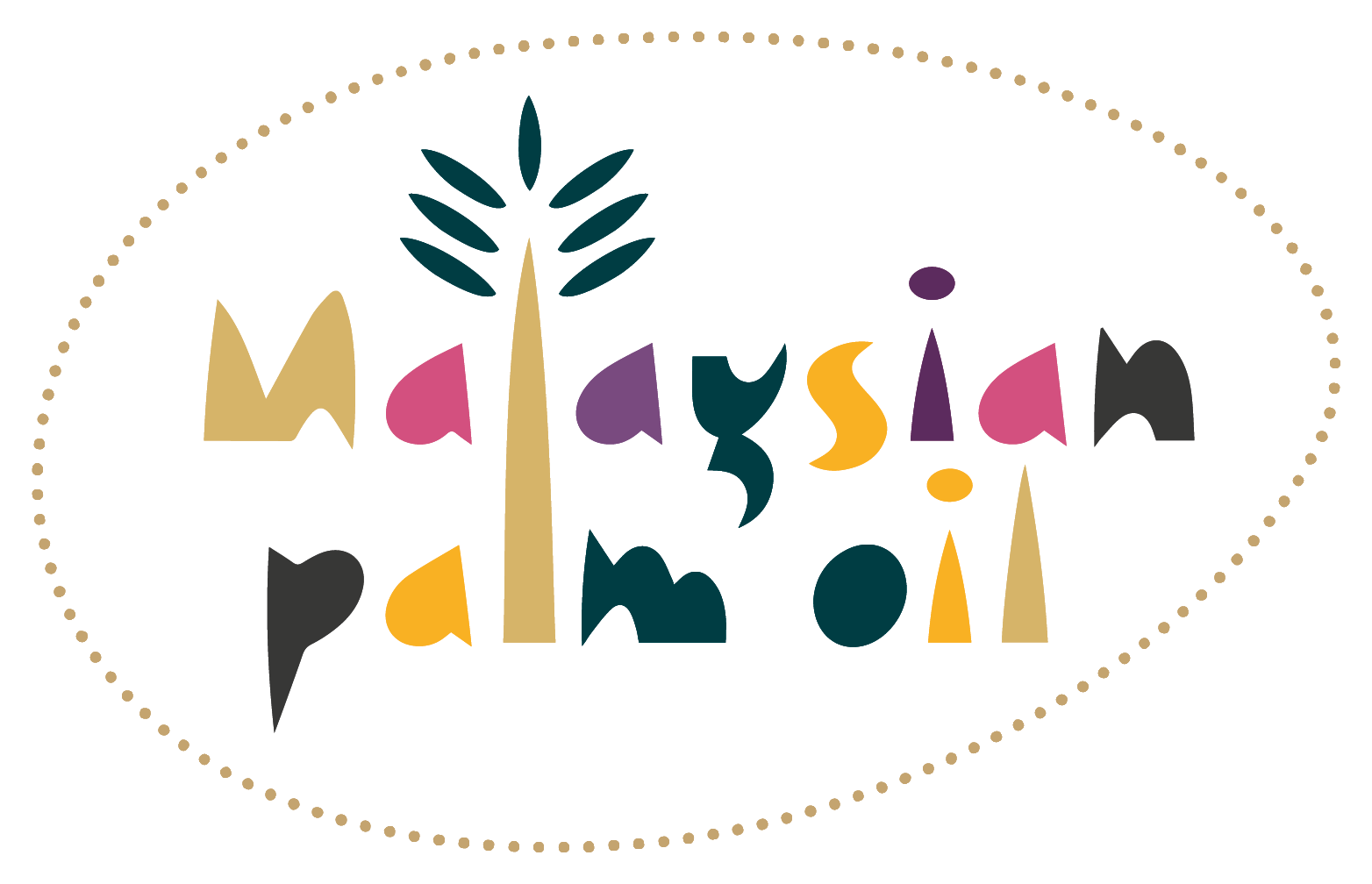Labour
There are more than 500,000 palm plantation workers in Malaysia and they should be treated with the dignity and fairness they deserve.
The internationalisation of supply chains â whether itâs cotton, computer chips or palm oil â has made the provenance of products harder to track. As a consequence, there is now more scrutiny on labour practices from governments than ever before.
The Malaysian palm industry has taken a number of measures to ensure that labour standards in Malaysia are lifted across the board, whether itâs large companies or small players.
The Charter
At the end of 2021, the Malaysian Palm Oil Association launched the Responsible Employment Charter. The Charter was launched in response to ongoing criticisms of the industry and to underline its commitment to international labour norms â with specific references to International Labor Organisation norms, as well as UN human rights treaties.
But it also included a commitment to the principles of the International Organization for Migrationâs International Recruitment Integrity System (IRIS). This was specifically designed to address the treatment and recruitment of international labourers â one of the areas that poses the biggest problems for the Malaysian palm oil sector.
The Standard
The mandatory MSPO certification system undertook a clear and measured approach to how it revised its labour standard. At its heart was long consultation with the Malaysia Trade Union Congress (MTUC), which is Malaysiaâs labour representative at the International Labor Organisation.
MSPO certification now leads the way in how it addresses labour on palm oil plantations and throughout its supply chains because of this involvement. It places labour on a truly equal footing with environmental concerns such as deforestation â it is not an afterthought. This makes for a tougher, more rigorous standard.
There are five aspects to the revised standard that reflect this.
The first is clear and unambiguous language on the prohibition of child and forced labour across operations.
The second is that the standard explicitly addresses the 11 signs of forced labour, which are a key part of how labour is assessed in social sustainability standards and audits. These are:
- Abuse of vulnerability
- Abusive working and living conditions
- Debt bondage
- Deception
- Excessive overtime
- Intimidation and threats
- Isolation
- Physical and sexual violence
- Restriction of movement
- Retention of identity documents
- Withholding of wages
The third â and this is related to the above — is the language on the prohibitions and the indicators. The standard requires a ânegative findingâ or âno evidence ofâ in the audit process. In some other standards, companies could demonstrate compliance by showing initiatives they have taken on working conditions or show payrolls and logbooks for excessive overtime. A negative finding, however, means that auditors must interview workers, worker representatives and other stakeholders under anonymity to demonstrate compliance. In other words, it cannot simply be a box-ticking exercise.
The fourth â and this is possibly the most significant change â is that companies must take responsibility for all indirect and direct employees under a âtrilateralâ employment structure. Some standards allow companies to sidestep their obligations because their workers might be supplied through a labour sourcing company rather than being a direct employee. This is an untenable situation for standards, workers and companies, as it effectively prevents auditors from being able to assess whether workers are being treated fairly.
Under the revised system, all sub-contractors and indirect employees must take on the same responsibilities as the main employer. This means ensuring that there is no forced or child labour in the supply chain, as well as adhering to national laws and regulations on labour, particularly wages.
The fifth change is that these revisions have the full support of both the Malaysian government and palm employers. The International Labor Organisation prefers what it calls a âtripartiteâ model, where workers, employers and the government all play an equal role in how labour is governed. This model has been in use for decades and safeguarded the rights of workers around the world. Malaysian palm oil is proud to be following in these footsteps.
Malaysia Headed in the Right Direction: Confirmation of Progress from U.S. Department of Labor
Recently, the U.S. Department of Labor, Office of Child Labor, Forced Labor, and Human Trafficking (OCFT), lauded the progress the Malaysian Palm Oil sector has made to address concerns around fair labour practices, writing, âWe applaud the industry-wide efforts taken in Malaysia to address child labor and forced labor in the palm oil industry. In March and April 2021, OCFT participated in meetings with the Malaysian Palm Oil Certification Council, facilitated by the Embassy of Malaysia, on the revision of Malaysian Sustainable Palm Oil (MSPO) certification standards. We are glad to hear of the revised standards targeted at eliminating risks of forced labor. We also acknowledge the Malaysian Palm Oil Associationâs commitment to its new Responsible Employment Charter, the MSPO Principles & Criteria related to labor, and support of the Malaysian Governmentâs National Action Plan on Forced Labor.â
